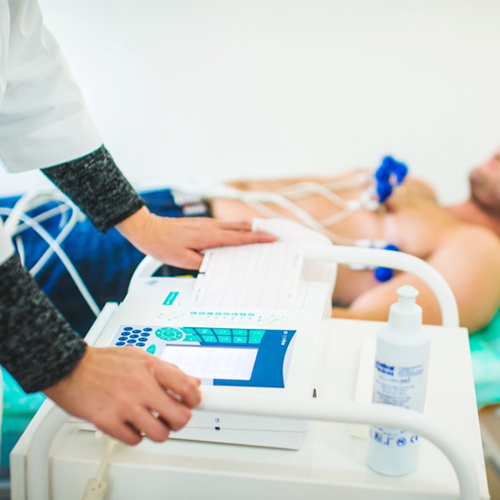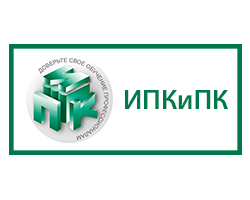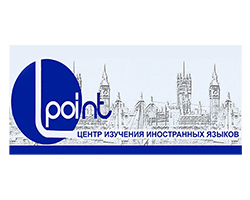Суточное (холтеровское) мониторирование ЭКГ – метод длительной регистрации электрической активности сердца в условиях обычной жизни и активности пациента. Обычная ЭКГ дает врачу подробную информацию о работе сердца: частоте сердечных сокращений, их ритмичности, о работе проводящей системы сердца, о наличии ишемии (недостаточном кровоснабжении). Но если приступы болей или аритмия возникают у пациента лишь при нагрузке или 1-2 раза за сутки, обычная ЭКГ, снятая вне приступа будет абсолютно нормальной.
Холтеровское мониторирование дает возможность записи ЭКГ в течение длительного времени (обычно в течение суток), к тому же электрокардиограмма записывается не в кабинете врача, в покое, а в условиях привычной активности пациента. ЭКГ – это всего лишь «кадр», моментальный «снимок» работы сердца, а холтеровское мониторирование – «фильм» о 24 часах жизни сердца.
Холтеровское мониторирование позволяет выявить «приходящие» нарушения в работе сердца (эпизоды ишемии миокарда, нарушения ритма и проводимости сердца, в том числе опасные для жизни).
Методика холтеровского мониторирования ЭКГ позволяет:
- оценить деятельность сердца в условиях обычной активности пациента (реакция сердца на физическую и эмоциональную нагрузку);
- оценить состояние сердца во время сна, ритм и проводимость сердца в течение суток;
- уточнить причину обмороков и предобморочных состояний и т.д.;
- выявить и проанализировать все виды аритмий. Можно определить не только факт нарушения сердечного ритма, но и количество эпизодов в течение суток, их длительность и «опасность»;
- выявить эпизоды болевой и безболевой ишемии миокарда, их количество, продолжительность, пороговый уровень нагрузки и пульса, при которых возникает ишемия;
- поставить точный диагноз, повысить эффективность лечения сердечно-сосудистых заболеваний и проконтролировать действие назначенных лекарств.
Ориентировочная стоимость – договорная;
График работы:
пн - пт: 08:30 - 18:30
сб - вс: выходной
без обеда
Контактные данные:
Здравпункт
г. Гродно, ул. Гаспадарчая, 23, каб. 109
+375 (152) 62 64 08










